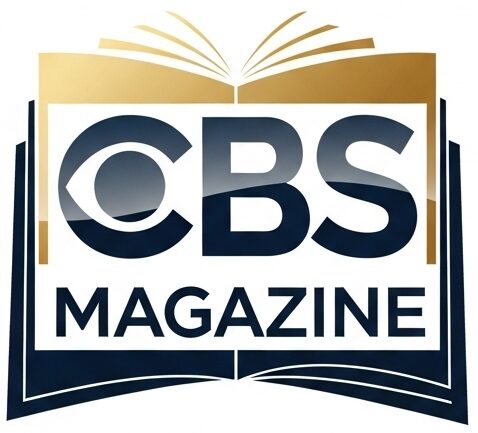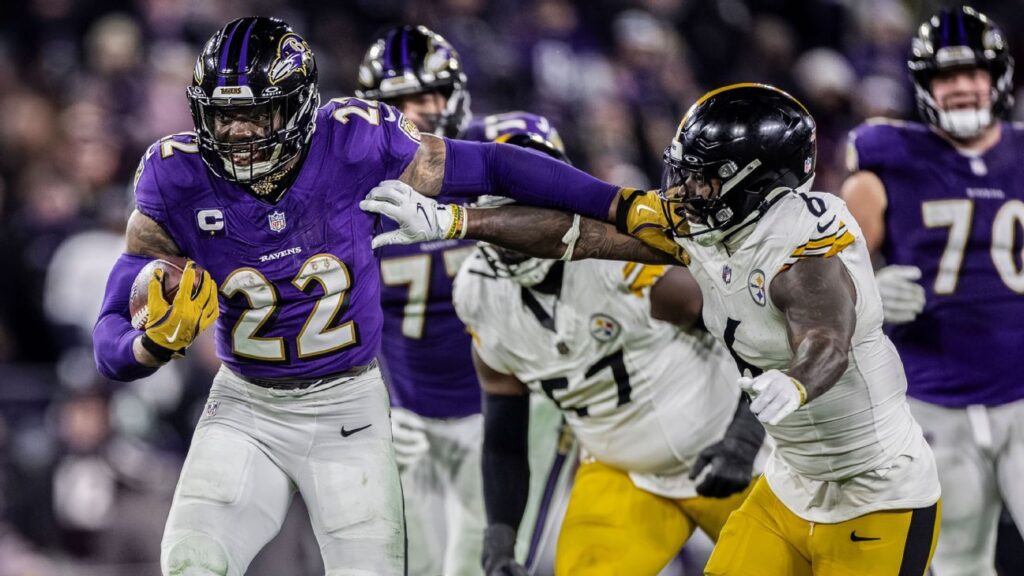
Pfizer, the US drugmaker, agreed to buy Metsera for $47.50 in cash per share, and further payments of up to $22.50 per share if three specific and regulatory milestones are met, it said Monday, with a total potential value of $7.3 billion. The deal represents a 43 percent premium to Metsera’s closing share price on Friday.
Pfizer is in the process of rebuilding in the aftermath of the pandemic, as demand wanes for its vaccine and pill for Covid and some of the company’s key drugs near the end of their patent life. The company’s efforts to improve its dimming sales growth prospects with an obesity medicine have largely flopped, leaving the pharma giant sidelined from the industry’s hottest market.
“I think it’s smart for them to just put a stake in the ground and continue to pursue what is clearly going to be the biggest therapeutic category out there,” Mizuho Securities analyst Jared Holz said.
Metsera, one of several next-generation hopefuls in obesity, is developing a handful of experimental weight-loss drugs, including a shot that could be taken less often than the market-leading drugs from Eli Lilly & Co. and Novo Nordisk. One drug, called MET-233i, helped patients shed up to 8.4 percent of their weight in 36 days in a recent study. It’s still in the early stages of development, meaning it’s several years away from reaching patients.
MET-233i “could have best-in-class potential in obesity,” according to Bloomberg Intelligence’s Michael Shah.
Shares in Metsera extended gains to rise 61 percent in premarket trading on Monday, while Pfizer climbed 1.6 percent.
With the size of the obesity market expected to reach $100 billion by 2030, drugmakers from AstraZeneca Plc to Roche Holding AG are keen to join the space to catch up with Novo and Lilly. The Pfizer deal was first reported by the Financial Times.
Pfizer terminated development of its obesity pill in April after one patient in a clinical trial developed signs of liver injury, sparking speculation that the company would seek to break into the weight-loss market with acquisitions.
The setback increased pressure on Chief Executive Officer Albert Bourla to replenish Pfizer’s pipeline. The company has struggled as demand falls for its Covid-19 vaccines and aging treatments. Patent expirations are expected to erode sales by more than $15 billion through the end of the decade.
The company’s shares have fallen by about 60 percent from their pandemic peak.
Metsera’s drug belongs to a class called long-acting amylin analogues. Amylin has emerged as a possibly gentler option to GLP-1 drugs like Wegovy and Zepbound, which can have high rates of side effects including nausea and vomiting. AbbVie Inc. is also betting on amylin after agreeing to buy Gubra A/S for up to $2.2 billion in March. Market leaders Novo and Lilly are testing amylin treatments.
About six months ago, Roche agreed to pay as much as $5.3 billion to license another amylin drug from Danish biotech Zealand Pharma A/S.
Amylin has been a bright spot as other recent obesity trials have had disappointing results. Viking Therapeutics Inc. was once seen as a possible takeout target for Pfizer, but a recent trial showed high rates of side effects, dampening hopes for a deal.
“Metsera’s pipeline of obesity therapeutics could meaningfully make Pfizer a more credible threat in the obesity landscape with Metsera’s long-acting injectable and oral agents,” BMO Capital Markets analyst Evan Seigerman said in a note shortly before the deal was announced.
“While we are positive on the possibility of Pfizer re-entering the obesity market in a meaningful way, we note Metsera’s assets remain early and have yet to be derisked by a large dataset,” he said.
By Madison Muller, Karen Leigh and Damian Garde.
Learn more:
Novo Nordisk Reports Positive Test Results For GLP-1 Pill
The Danish drugmaker’s value jumped by $12 billion as trial shows ‘significant weight loss’ with a tablet version of its GLP-1 medicine Wegovy.






















